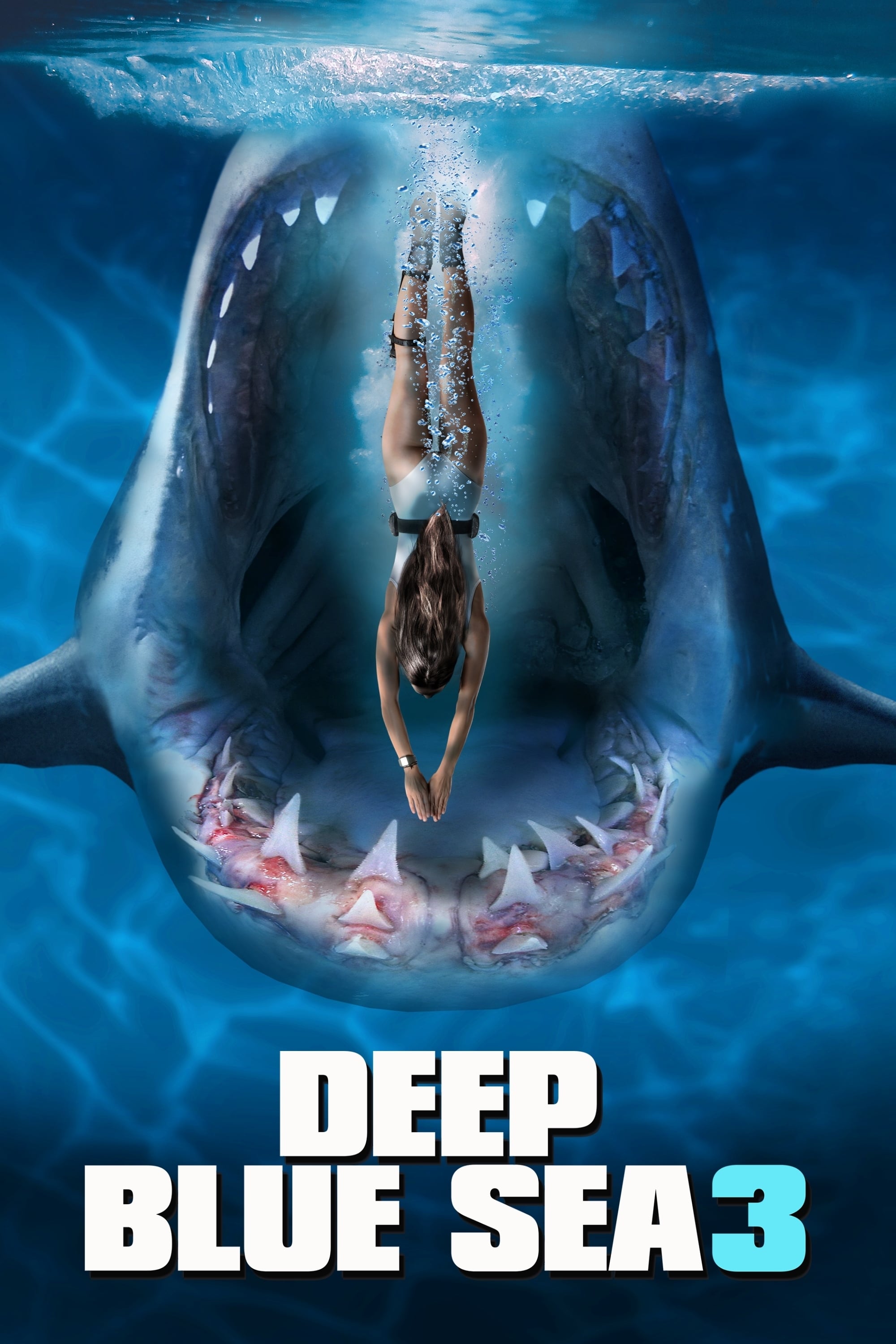
Dr. Emma Collins and her team are spending their third summer on the island of Little Happy studying the effect of climate change on the great white sharks who come to the nearby nursery every year to give birth. Along with the last two inhabitants of this former fishing village, their peaceful life is disrupted when a "scientific" team led by her ex-boyfriend and marine biologist Richard show up looking for three bull sharks who we soon learn aren't just any bull sharks.
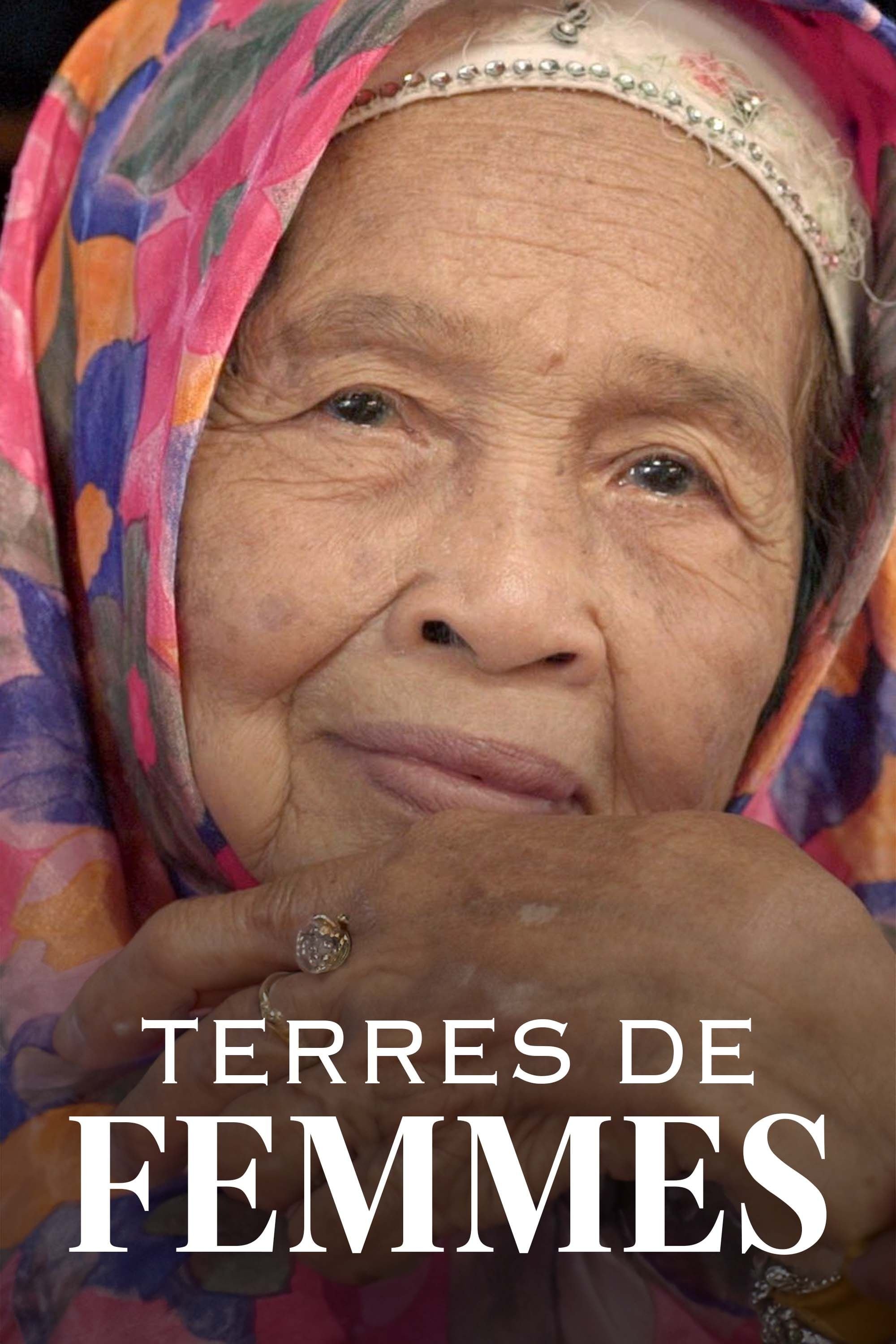
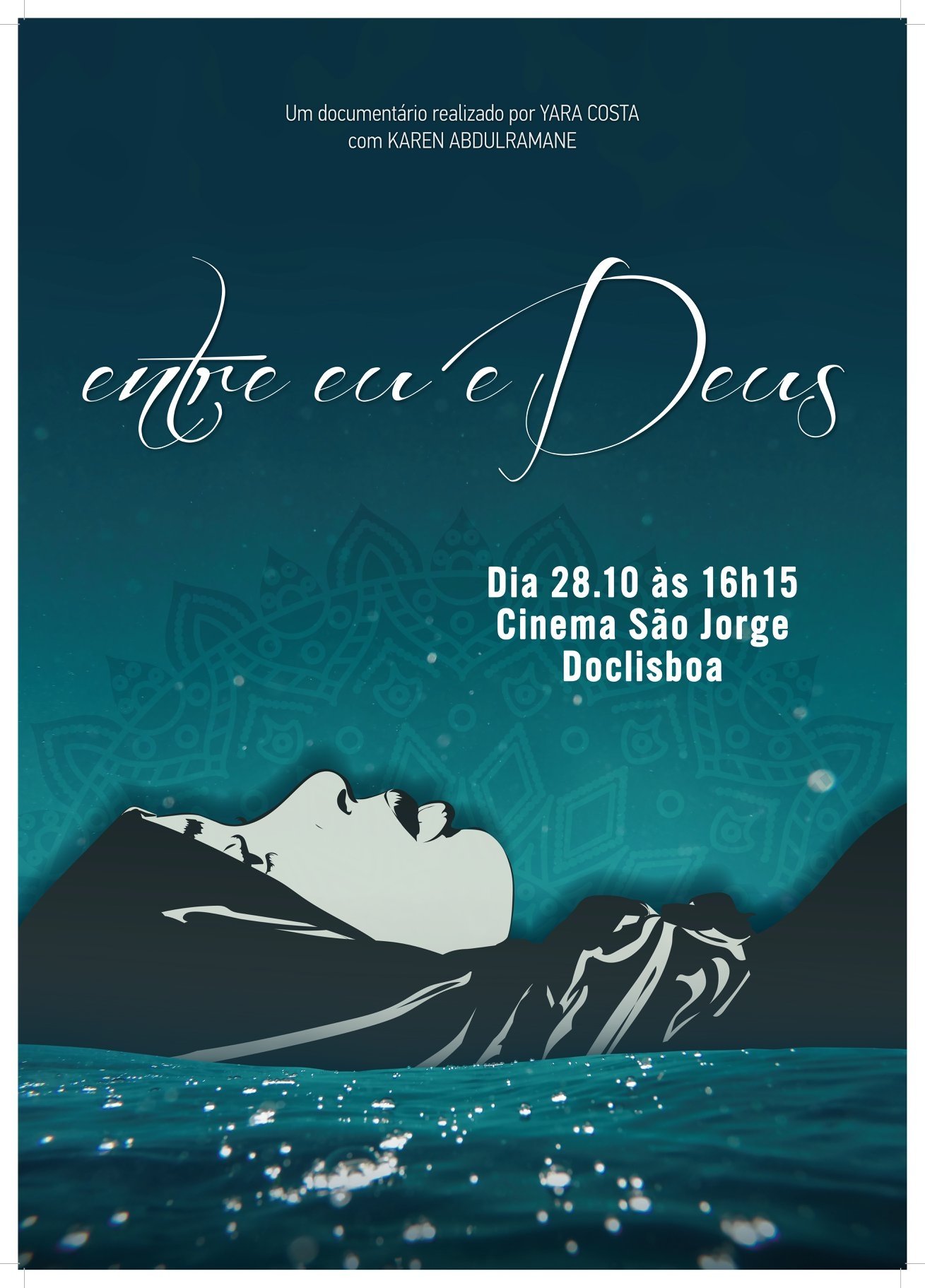
Karen is a Muslim independent young woman who advocates for Sharia in the Island of Mozambique but is filled with doubts and contradictions about her identity and the multicultural community in which she lives in a place of historical confluence of cultures.
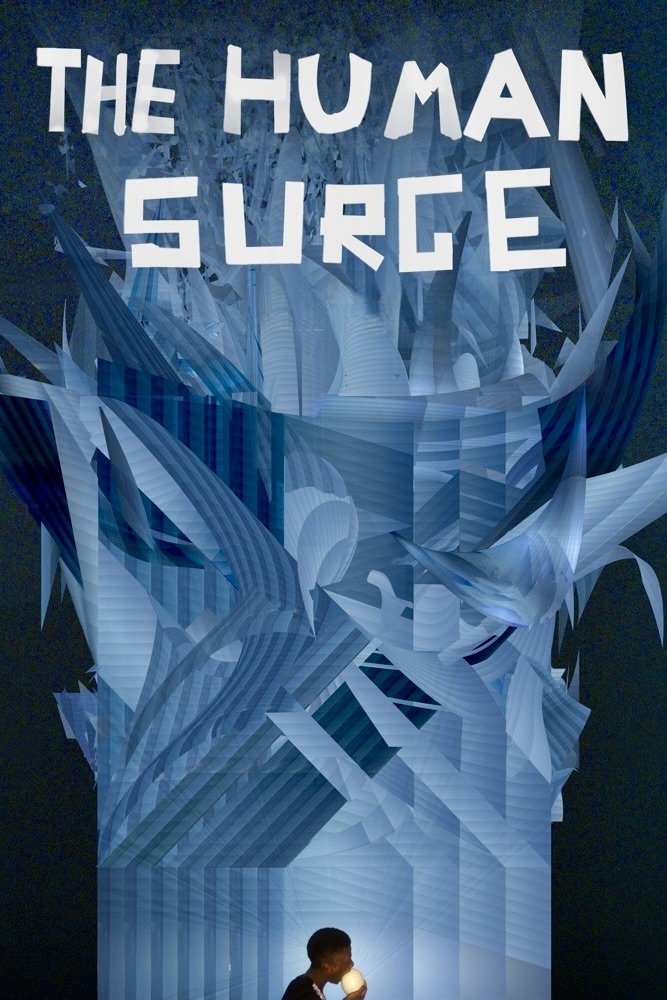
Buenos Aires. Exe, 25 years old, has just lost his job and is not looking for another one. His neighbors and friends seem as odd to him as they always do. Online, he meets Alf, a boy from Mozambique who is also bored with his job and who is about to follow Archie, another boy who has run away into the jungle. Through the dense vegetation of the forest, Archie tracks ants back to their nest. One of them wanders off course and comes across Canh, a Filipino, sitting on top of a giant heap of earth and who is about to go back to his strange, beautiful home town, where he too has a miserable job.
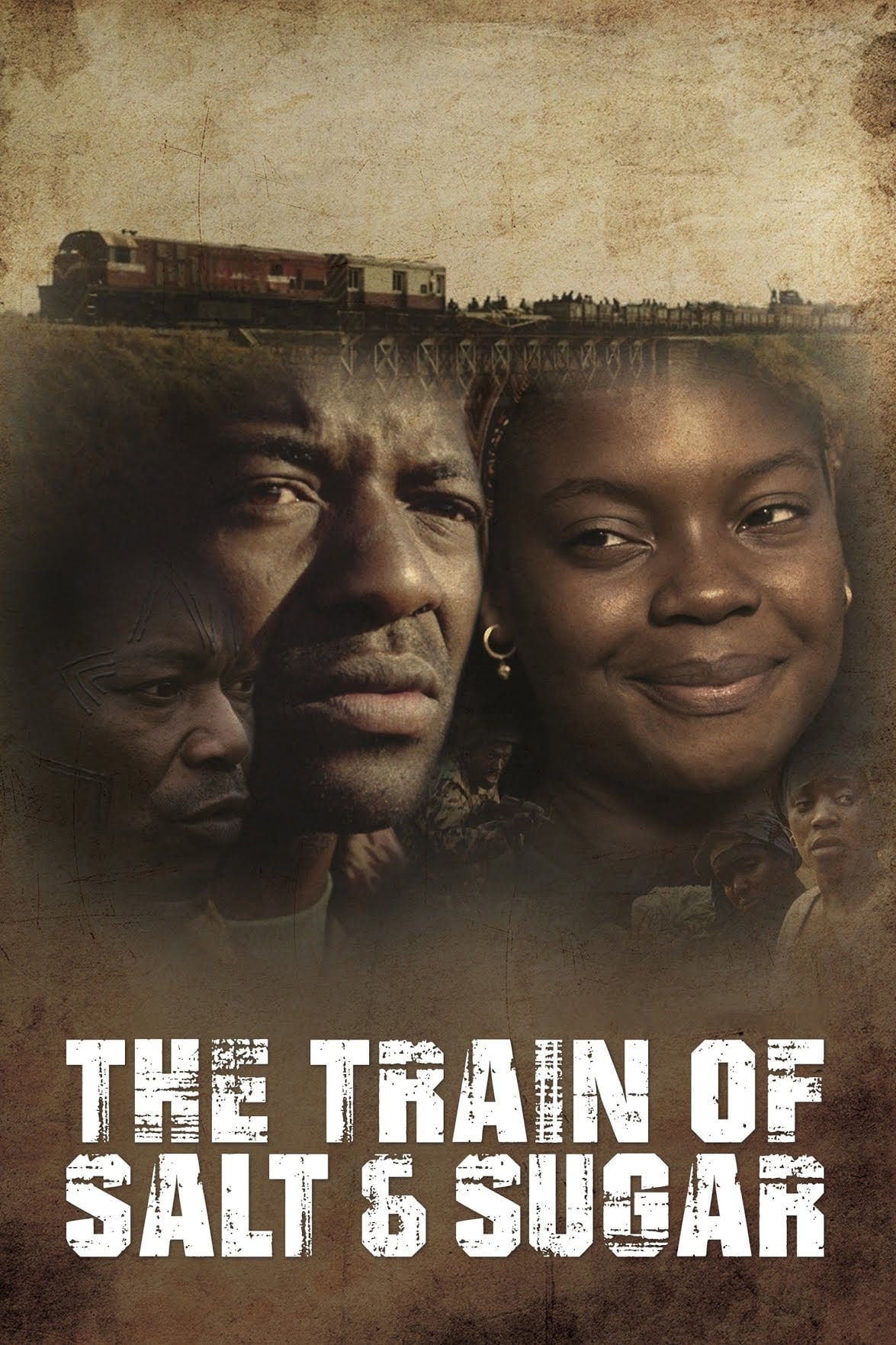
In 1989, Mozambique is a country ruined by civil war. The train that connects Nampula to Malawi is the only hope for people willing to risk their lives to exchange a few bags of salt for sugar. Running slowly over sabotaged tracks, the journey is filled with obstacles and violence. Mariamu, a frequent traveler, shares her trip with her friend Rosa, a nurse who is going to her new hospital, living the reality of war for the first time, Lieutenant Taiar, who only knows the reality of his military life, and another soldier, Salomão, with whom he doesn’t get along. Amongst bullets and laughter, stories of love and war unfold as the train advances towards the next stop.
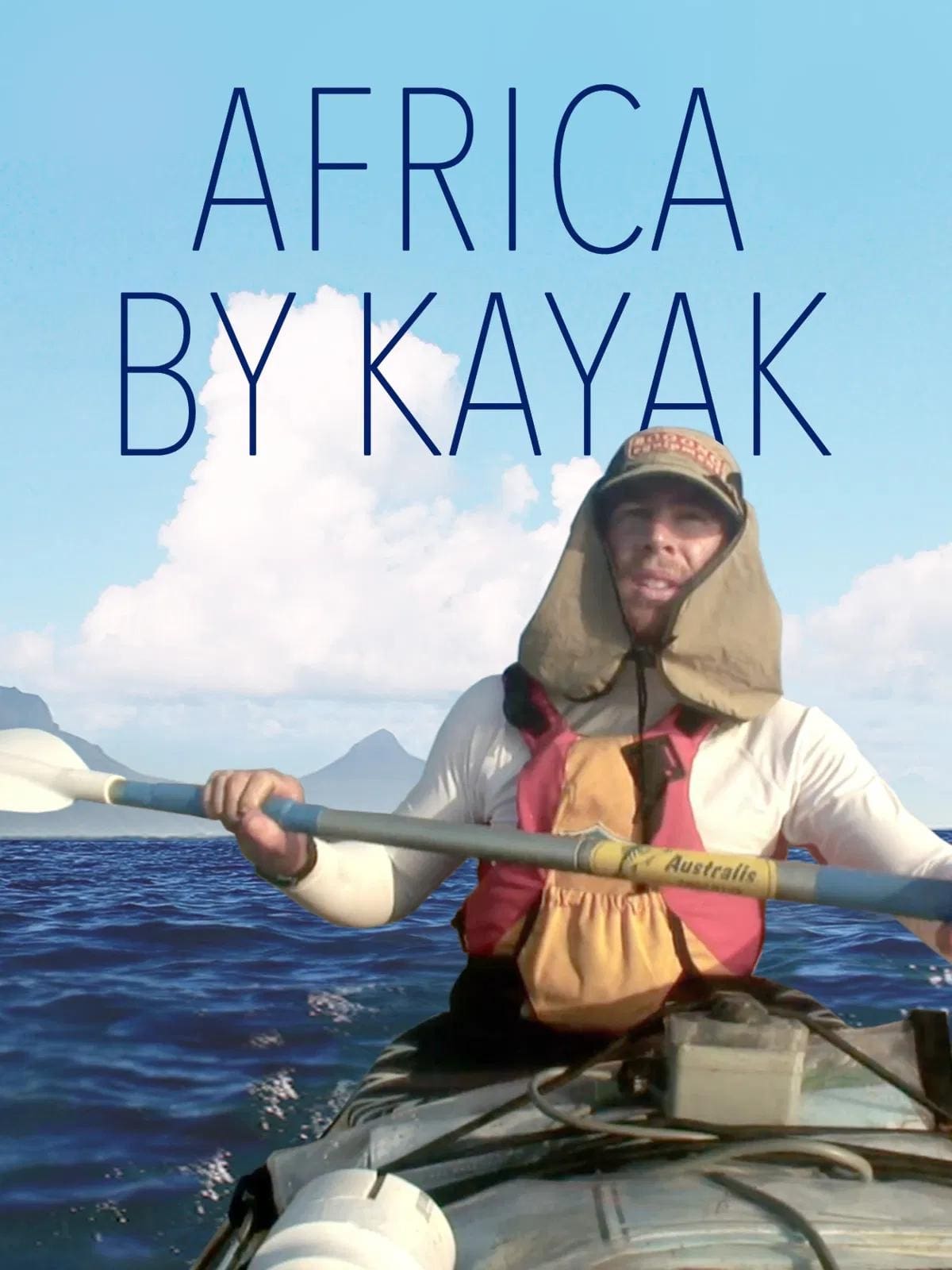
In 2007, Beau attempted to paddle 4000kms from one side of Africa to the other. Starting in Mozambique, he continued along the Southern African coast, allowing five months to complete the voyage. Battling surf, deep sea swell, and too many days waiting for the wind, Beau only completed 2000kms of the original plan.
As children, a Mozambique native and a Portuguese colonialist were friends. Years have passed and Mozambique is fighting for its independence. Two childhood friends meet on opposing sides.
A small island, a great history. Long before giving its name to the country, the Mozambique island had a fundamental role in the Indian Ocean during centuries. Anchor point for caravels, meeting point for pirates, it is a melting pot of races. It raises its walls in the middle of the sea. Its winding streets full of life reveal small palaces, churches and white houses. Its inhabitants are eccentric characters, proud of the island's past history. As we wander through the streets we meet an historian, a maritime archaeologist, a fisherman, the "doorman" of the island, a dancer, many spirits...
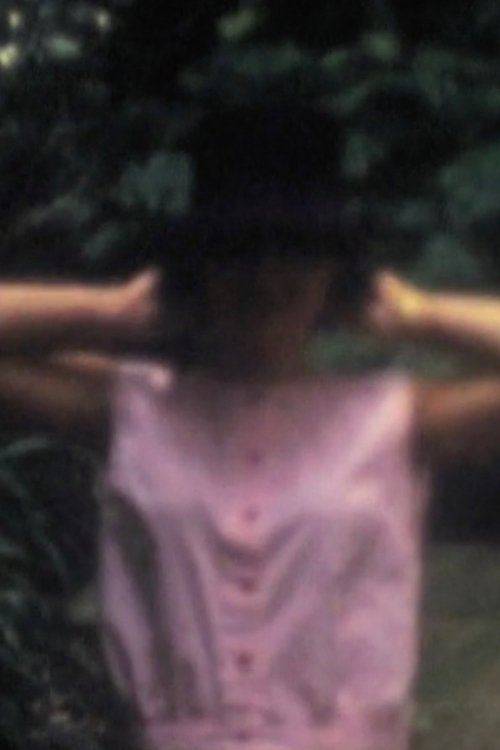
A sequence of archive images filmed by Schefer's grandfather, a former colonial administrator, is the starting point for an experimental documentary on the history and memory of Portuguese decolonisation. Double or split memory: the lived and descriptive memory of the colonizers (their texts, their images) against the fabricated memory of their descendants.
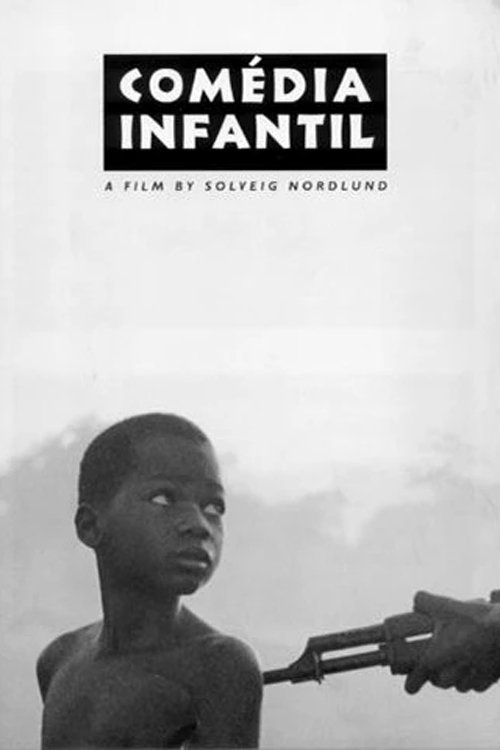
Based on the book by Henning Mankell (Sweden), this story takes place in Mozambique and is about a young boy, Nelio, who loses his entire family during a time of civil war. A wounded Nelio is found by a baker in the capital Mapouto; refusing medical treatment, the boy instead asks for sanctuary so he can tell his terrible tale. This he proceeds to do, starting with how the fighters arrived in his village and slaughtered many, to his captivity, his escape and his teaming with other orphaned street urchins to become their leader in survival.
By browsing this website, you accept our cookies policy.